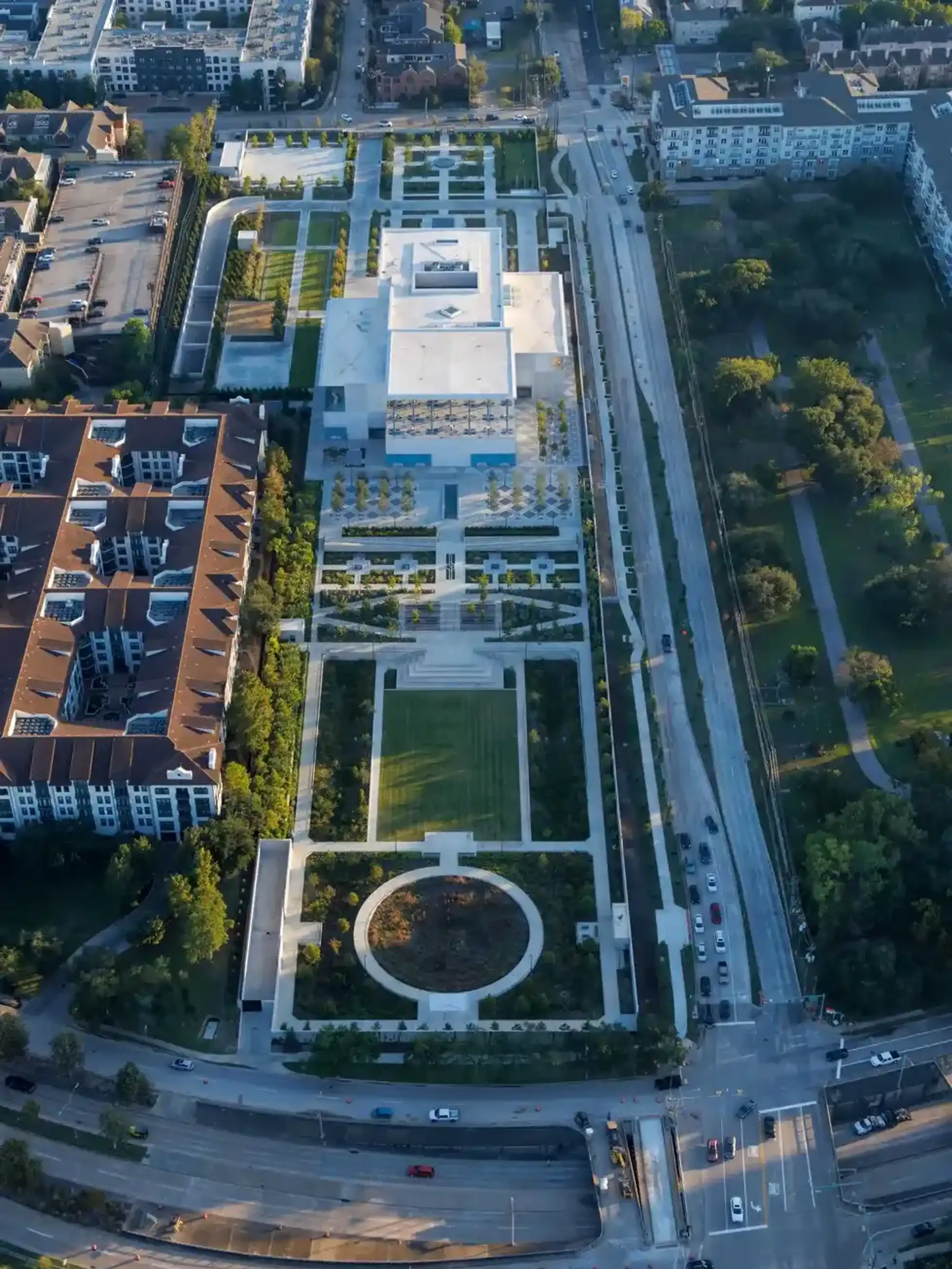Houston expert: Houston should focus on developing the region's life sciences sector
guest column
The region's health care sector has been Greater Houston's job growth engine over the past few decades — creating new jobs at a rate 75 percent greater than the overall economy — according to research published last month in Center for Houston's Future report, Houston's Economic Future: Health Care.
But data from the Bureau of Economic Analysis and Bureau of Labor suggest that in many ways the economic footprint of our health care sector is not in line with the share of employment that health care commands across the region: While health care accounts for about 12 percent of the region's jobs, it is responsible for just 5.4 percent of Greater Houston's total gross domestic product.
By comparison, our energy sector holds roughly the same share of GDP as health care, but employs about just a fifth the number of employees.
To bridge this gap, Houston should focus on developing the region's life sciences sector, a promising economic development area with a potentially high economic payoff.
The life sciences represent a trillion-dollar plus global industry spanning pharmaceutical development, medical device manufacturing, research and commercialization of biotechnology and more. The employment multiplier — a measure of the economic contribution an occupation has on the greater economy — of a life sciences job exceeds that of generic jobs in health care by 40 percent.
Modeling conducted by the Center suggests a concerted effort to develop the region's life sciences industries compared to a 'business as usual' approach would yield an additional $13.1 billion in GDP and 73,000 jobs by 2036.
Historically, this industry has clustered on the East and West Coasts of the U.S., but recent efforts signal encouraging signs of progress.
Examples include the creation of TMC3 at the Texas Medical Center, a collaborative, multi-institution effort to build a life sciences research campus; the development of Houston's innovation corridor anchored by The Ion; and investment from the Cancer Prevention & Research Institute of Texas (CPRIT), a $6 billion state program to advance cancer research efforts and promote economic development.
Greater Houston has the potential to become the so-called Third Coast if we build on momentum that's starting to take hold.
Findings from our report suggest, however, that more work is needed to advance the life sciences.
This sector continues to grow rapidly—employment in this area rose by 37 percent from 2009 to 2019. Yet, the Center identified troubling data points, including that the number of people working in biotechnology and life sciences research and development declined by 13 percent from 2018 to 2008.
Our research identified several hurdles the region still faces in cultivating our still-nascent life sciences industry. First, Houston is still energy-dominant, with limited investment capital glowing to the life sciences. We must figure out how to attract venture capital, whether it be from Boston, Silicon Valley or elsewhere, to facilitate the growth of our existing biotechnology and life sciences firms and boost the rate of startup formation.
Second, Greater Houston continues to struggle with retaining life sciences talent, businesses and intellectual property. In some of the roughly 50 interviews the Center conducted with health care subject-matter experts, we heard that some businesses in the field relocate from Texas as soon as they begin growing. We believe the region should consider developing a cross-sector push for innovation that includes effectively scaling the research catalyzed by CPRIT.
By adopting a common vision and working together to grow Greater Houston's life sciences cluster, we can boost our economy and better position our health care sector to capitalize on the myriad new health care technologies that will emerge over the next couple decades.
------
Steven Scarborough is manager of strategic initiatives at Center for Houston's Future and the principal author of Houston's Economic Future: Health Care.











 Photo by Iwan Baan
Photo by Iwan Baan